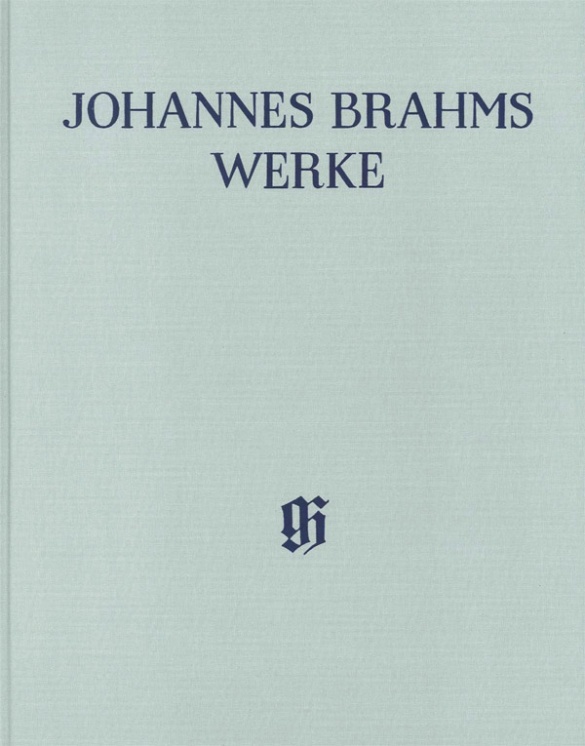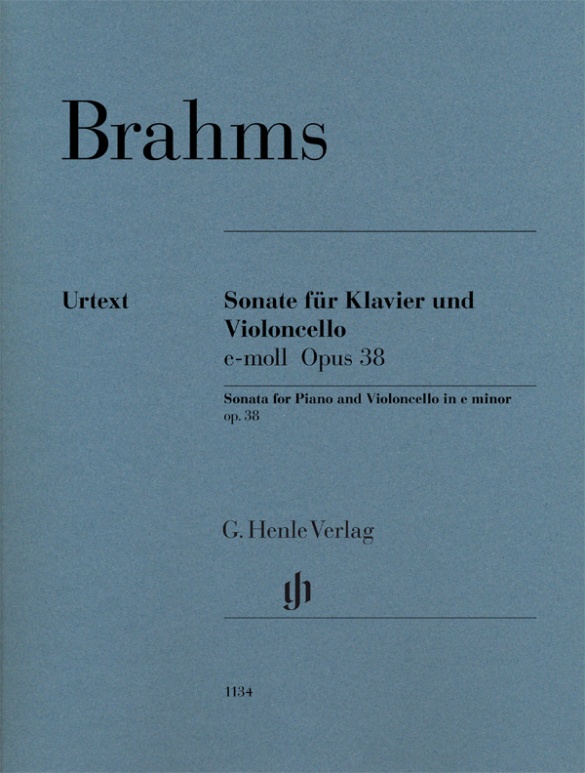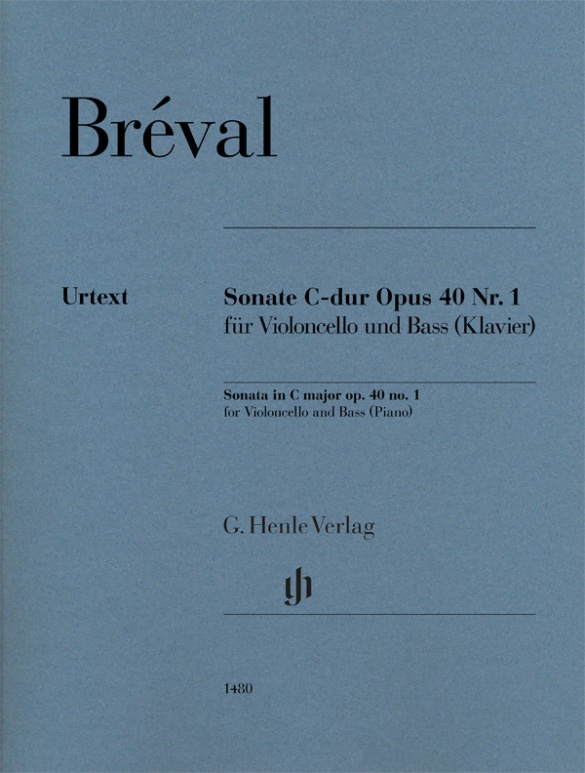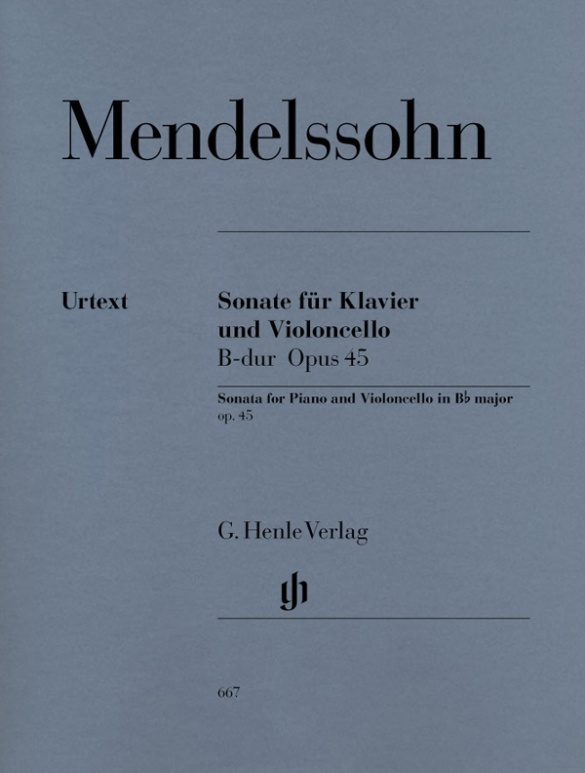Johannes Brahms
Ser. 2, Vol. 9 | Sonatas for Piano and Violoncello, Sonatas for Clarinet and Piano
内容/詳細
作曲家について

Johannes Brahms
His significant output comprises chamber music, piano works, numerous choral compositions and songs (including settings of folk-song lyrics), as well as large-scale orchestral works in the 1870s and 1880s. His compositions are characterized by the process of developing variation. He is considered an antithesis to the New German School around Liszt, and an advocate of “absolute” music.
| 1833 | Born in Hamburg on May 7, the son of a musician. His first piano instruction with Willibald Cossel at age seven, then with Eduard Marxen; first public performances from 1843. |
| 1853 | Concert tour through German cities; he meets Schumann, who announces him as the next great composer in his essay “Neue Bahnen” (“New Paths”). A lifelong, intimate friendship develops with Clara Schumann. |
| 1854–57 | Piano Concerto No. 1 in D minor, Op. 15. |
| 1857–59 | Choir director, pianist, and teacher at the royal court in Detmold. |
| 1859–61 | Director of the Hamburg Women’s Choir. |
| 1860 | Manifesto against the New Germans around Liszt. |
| 1863 | Cantata “Rinaldo,” Op. 50. |
| 1863–64 | Director of the Wiener Singakademie. |
| 1868 | Partial performance in Vienna of “A German Requiem,” Op. 45 (the complete work premiered in Leipzig in 1869) |
| 1871–74 | Artistic director of the Gesellschaft der Musikfreunde (Society of Friends of Music) in Vienna. |
| 1873 | Haydn Variations, Op. 56a, for orchestra. |
| from 1877 | His symphonic output begins with the Symphony No. 1 in C minor, Op. 68 (begun 1862); composition of the Symphony No. 2 in D major, Op. 73; the Symphony No. 3 in F major, Op. 90 (1883); and Symphony No. 4 in E minor, Op. 98 (1884–85): cantabile themes, chamber-music-like style. |
| from 1878 | Travels in Italy. |
| 1878 | Violin Concerto in D major, Op. 77, for Joseph Joachim. |
| 1881 | Piano Concerto No. 2 in B-flat major, Op. 83, with a scherzo movement. |
| 1886 | Honorary president of Vienna’s Tonkünstlerverein (Association of Musicians). |
| 1897 | Four Serious Songs, Op. 121. Dies in Vienna on April 3. |
校訂者や運指担当者について
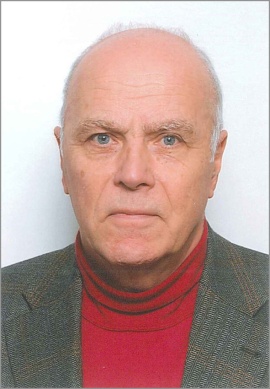
Egon Voss (校訂)
Dr. Egon Voss, born in 1938 in Magdeburg, did a secondary school teaching degree in Detmold (Staatsexamen in 1961) and studied German, philosophy and pedagogy in Kiel and Münster (Staatsexamen 1964). He subsequently studied musicology in Cologne, Kiel and Saarbrücken and completed his doctorate in 1968.
In 1969 Voss became a scholar at the Richard Wagner Complete Edition in Munich, since 1981 he has been its Head. From 1989 to 1990 he was the dramaturg at the Théȃtre la Monnaie/de Munt Brüssel, and from 1996 to 2002 a lecturer at the post-graduate programme “Textkritik” at the Ludwig-Maximilians-Universität in Munich. Voss is a member of the advisory board for the edition “Richard Wagner, Sämtliche Briefe” as well as the journals “wagnerspectrum” and “The Wagner Journal”. He has published several books and a great many essays on Wagner, Schumann, Bach and other composers and musicological topics.
製品安全に関する情報

G. Henle Verlag
製品の製造元に関する情報はこちらでご覧いただけます。G. Henle Verlag
Forstenrieder Allee 122
81476 München
info@henle.de
www.henle.com
Die vorliegende kritische Ausgabe der vier Sonaten von Johannes Brahms erschließt diese Werke, die zum Standard-Repertoire der Musiker gehören, in vorbildlicher Form und wird künftig Grundlage jeder musikalischen und wissenschaftlichen Auseinandersetzung mit ihnen sein.
Die Musikforschung, 2013おすすめ
autogenerated_cross_selling
このタイトルを含む他の版
このタイトルを含む他の版


